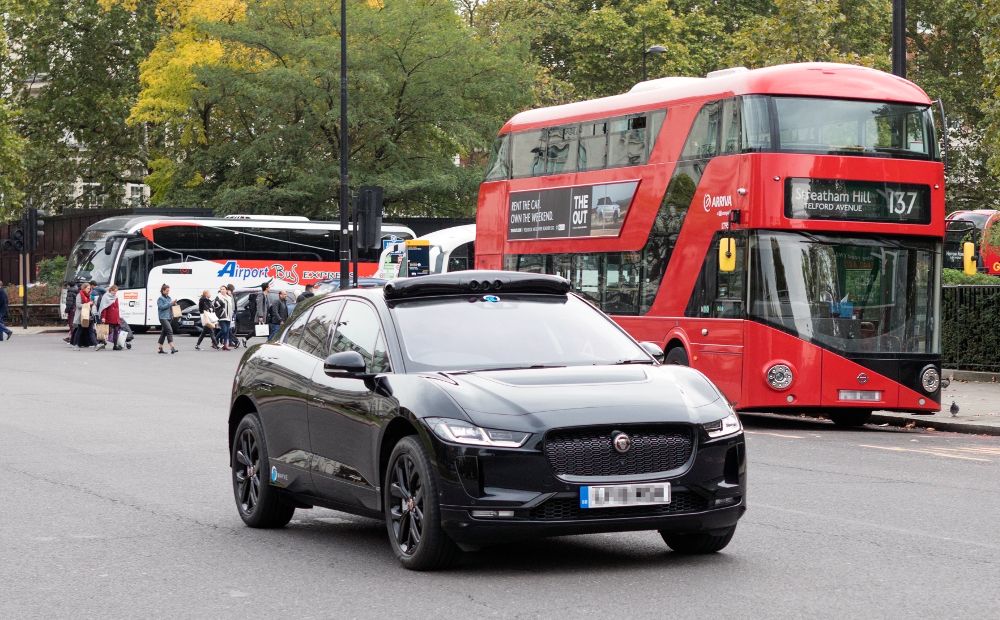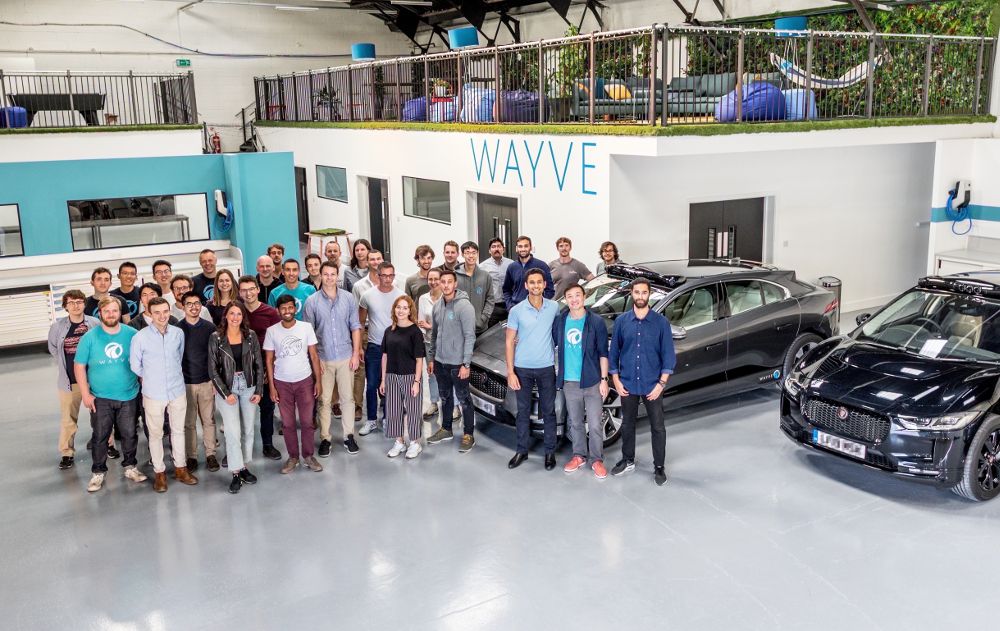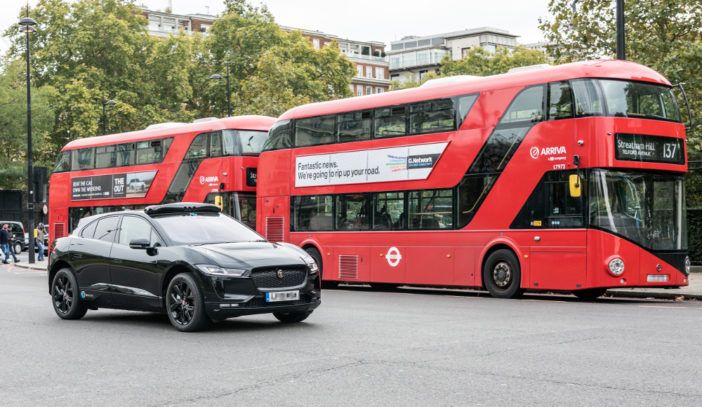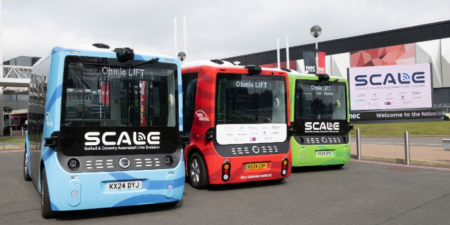Autonomous mobility startup Wayve is launching a pilot fleet of autonomous vehicles in central London having secured US$20m of Series A funding, with the eight Jaguar I-Pace battery-electric SUVs controlled through machine learning-based approaches instead of hand-coded rules.
End-to-end machine learning-based systems have dominated traditional rule-based approaches in natural language processing, image recognition, speech synthesis, and other computing systems, but have mainly been used to support sensor-based technologies in the majority of current self-driving vehicles. However, Wayve believes that the complexity of self-driving cars will be solved by better artificial intelligence (AI) ‘brains’, not by more physical sensors and hand-coded rules.
The company’s new London trials follows its latest funding round, with investment led by California-based Eclipse Ventures, with participation from Balderton Capital and existing investors Compound, Fly Ventures and Firstminute Capital, as well as several undisclosed preeminent leaders in machine learning and robotics. Launched out of Cambridge University’s engineering department, and recently relocated to London, Wyave believes this is the first time a European self-driving car company has attracted premier Silicon Valley venture capital funding to lead a Series A investment.

To date, most self-driving vehicle testing has been carried out on highly structured and modern roads in the USA and China. While these are ‘live’ driving environments, such geographies lack the irregular, diverse and complex streets of most other global cities. This spring, Wayve publicised an unprecedented achievement, demonstrating a self-driving car navigating on roads it had never previously driven before. This had been accomplished by using only cameras, a 2D map, and a unique, end-to-end, deep learning driving brain.
While a good human driver can quickly adapt to navigating a new jurisdiction, existing autonomous systems lack the requisite ability to detect and respond appropriately to potential hazards. By contrast, Wayve is committed to building a general and scalable driving brain applicable to any driving environment, and has successfully begun on-road public autonomous driving trials supported by its insurance partner, Admiral.

“The average human learns to drive in just 50 hours with visual input primarily. Once we have learned, we are capable at driving on roads around the world, despite vastly differing traffic laws and cultural context,” noted Suranga Chandratillake, partner at Balderton Capital. “Wayve’s self-driving technology is the closest to this human approach to learning. The great advantage of solving the problem this way is that it is robust in the face of a global opportunity.”
Wayve’s co-founder and CEO, Amar Shah, commented, “As computational power and data continue to grow, learning-based approaches will become more inevitable, especially for mobile robotics. The human brain has evolved over millions of years, computers have only had a few decades, but are catching up quickly.”
Seth Winterroth, partner at Eclipse Ventures, said, “Wayve’s differentiated approach to autonomy builds on timely advances in the fields of reinforcement learning, simulation and computer vision. Furthermore, by locating the company in the UK, the team has access to an extraordinary talent pool and numerous complex testing environments.”





